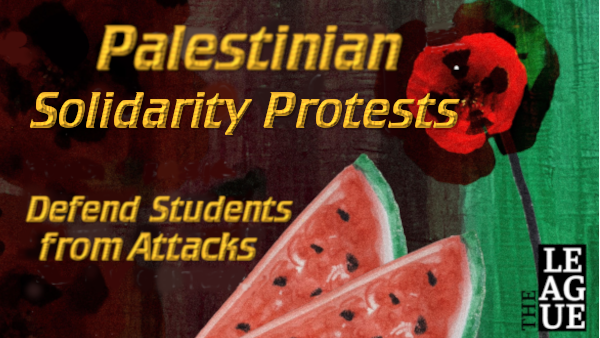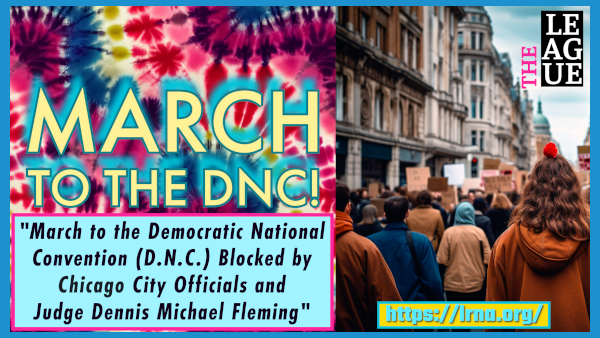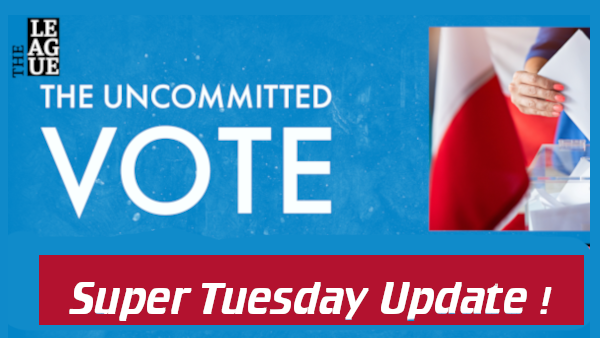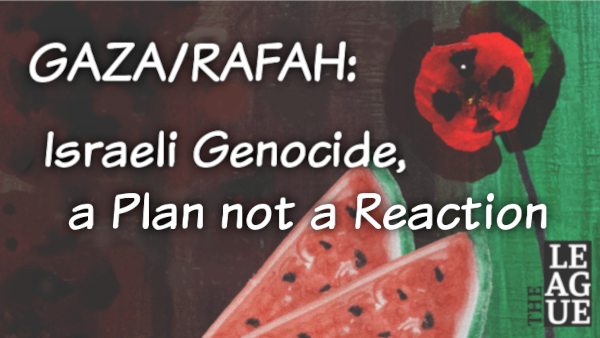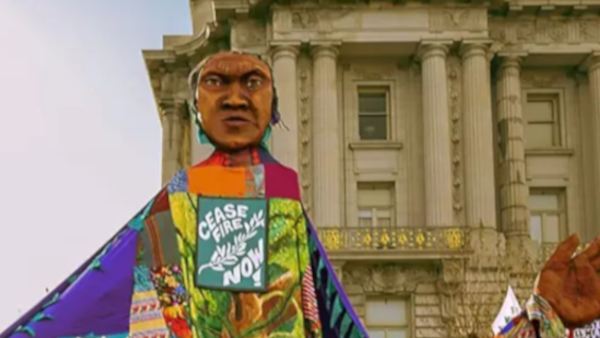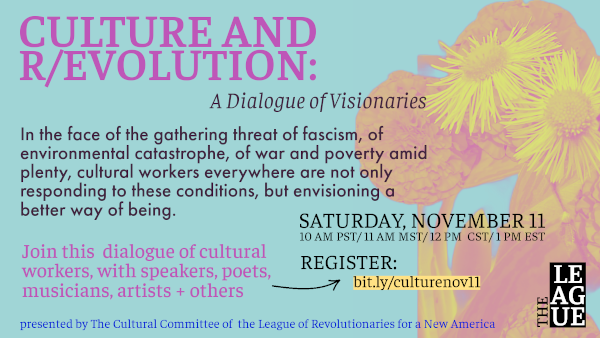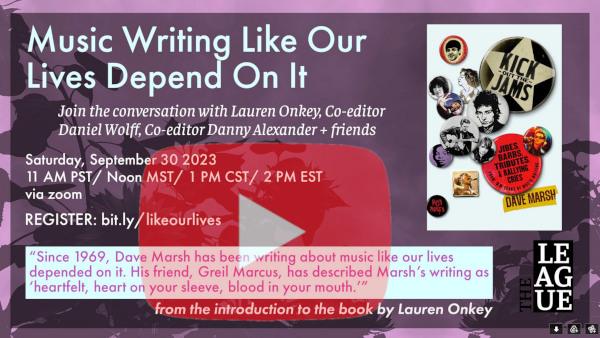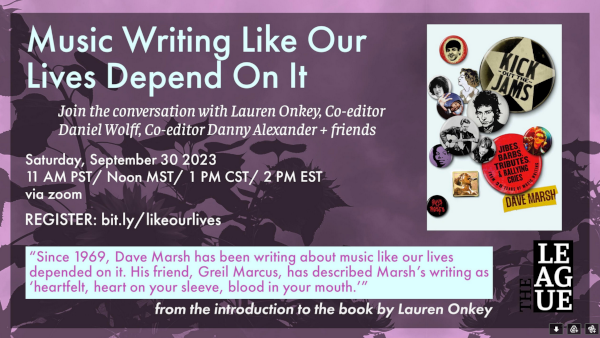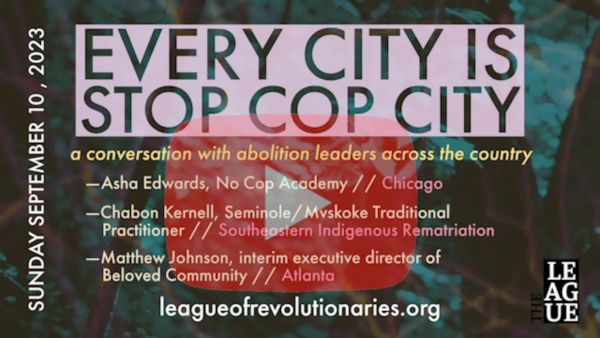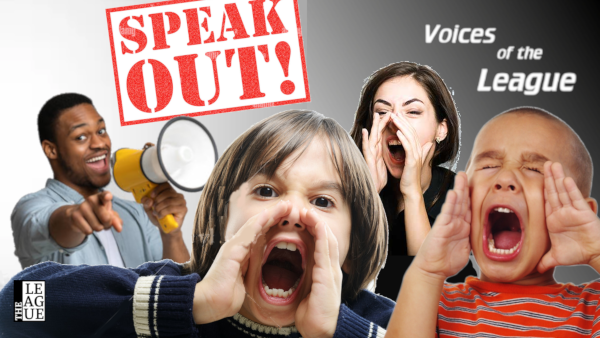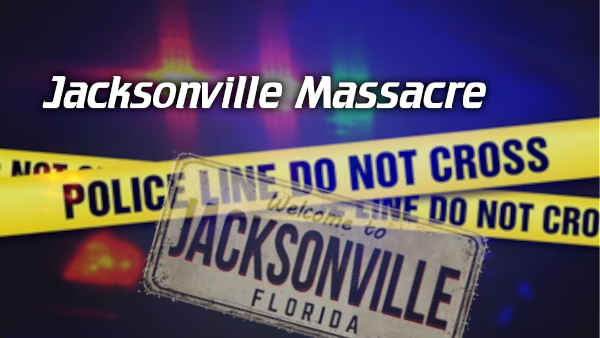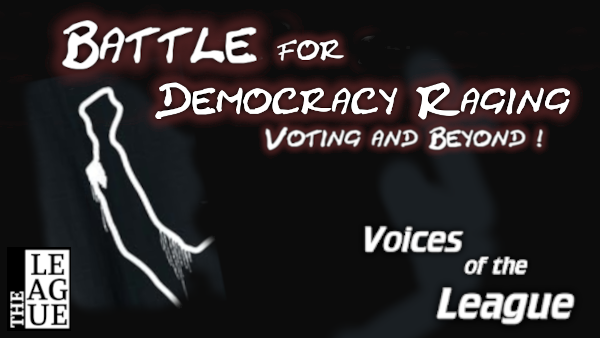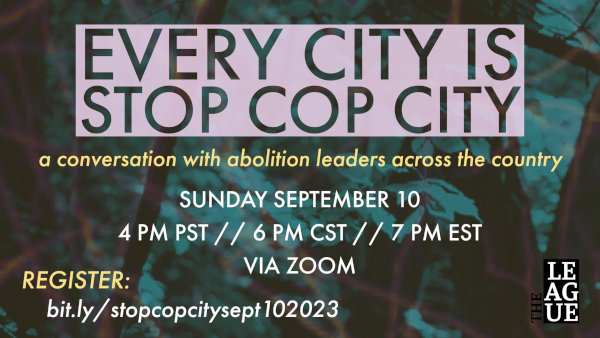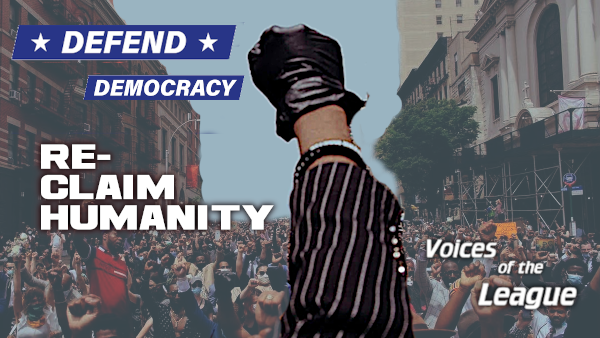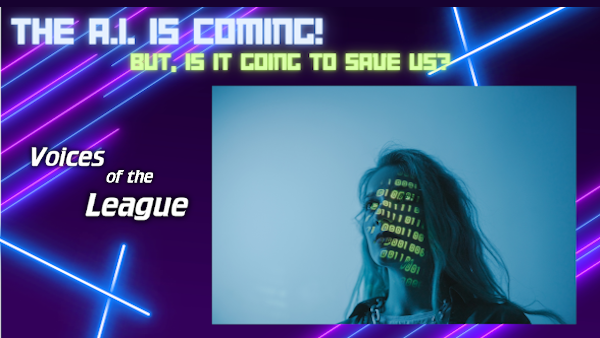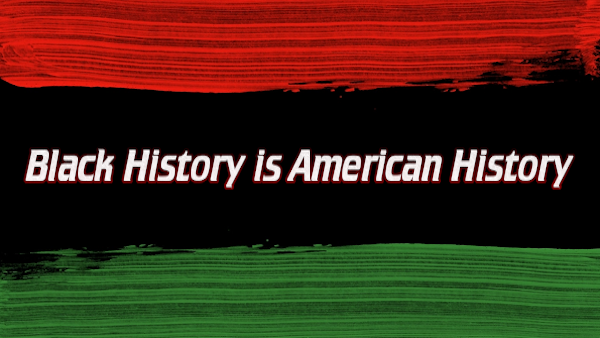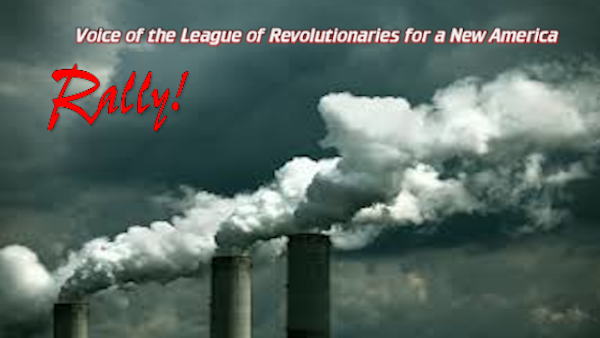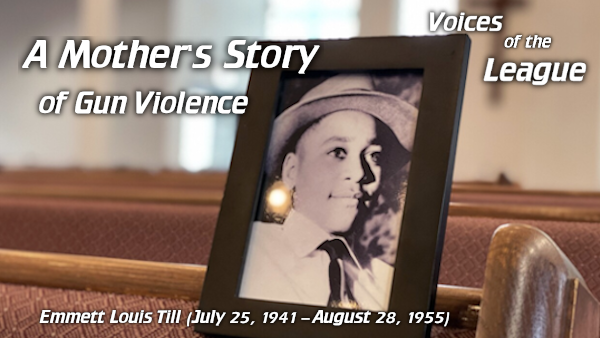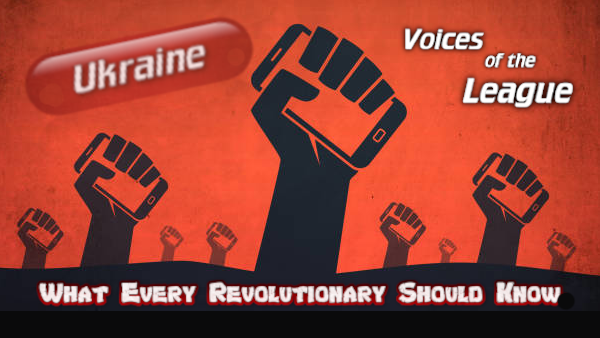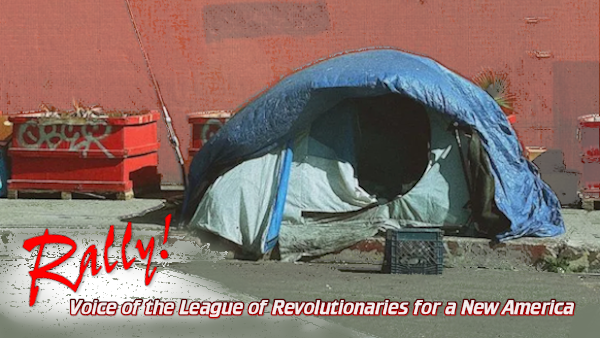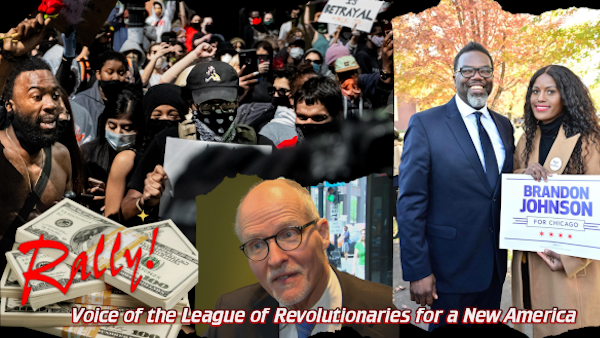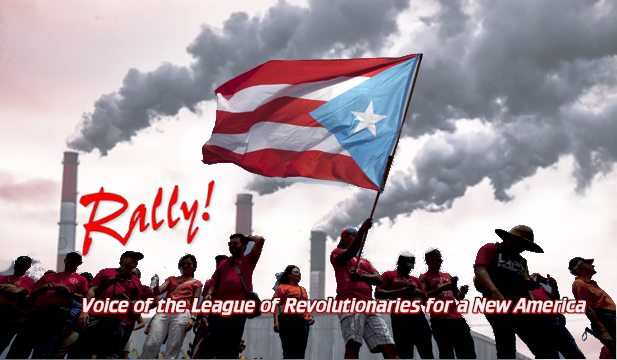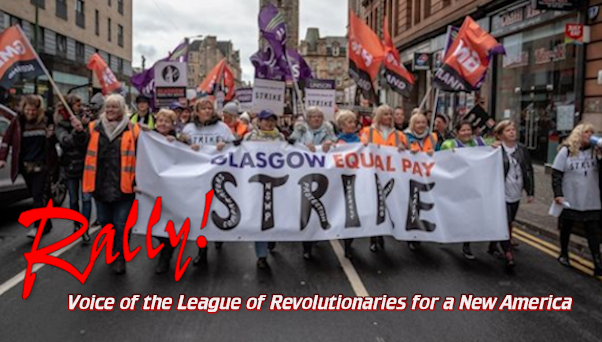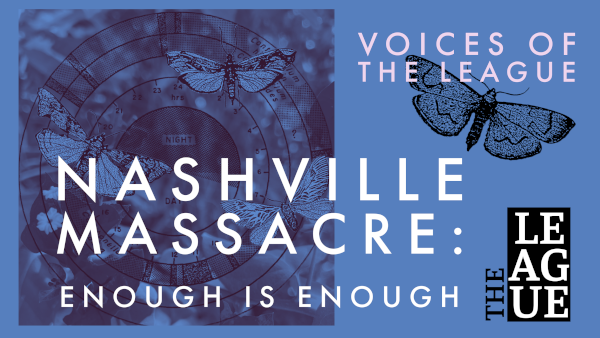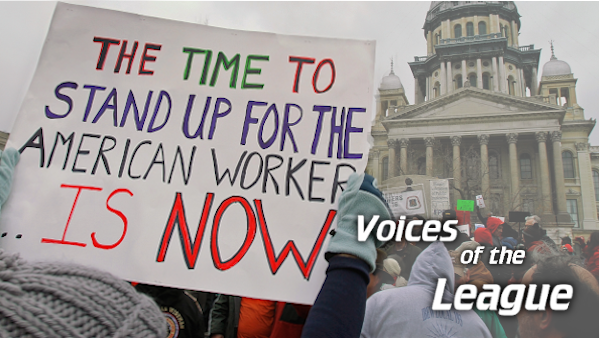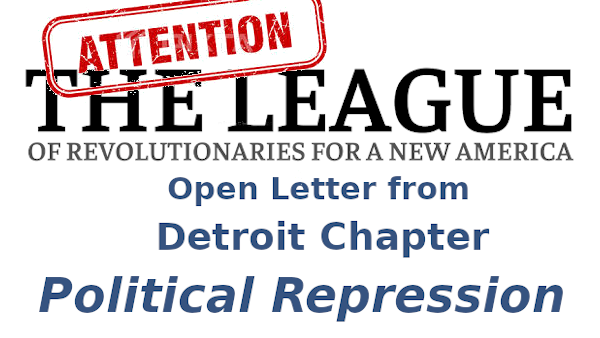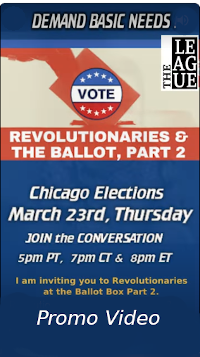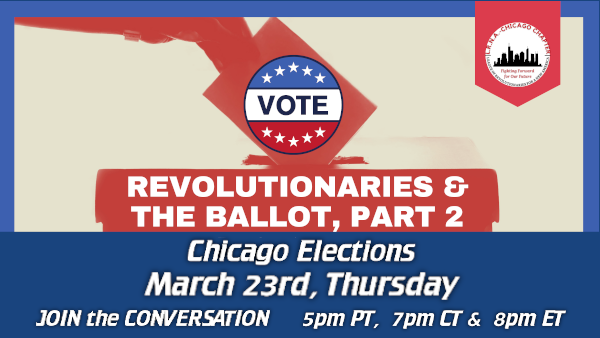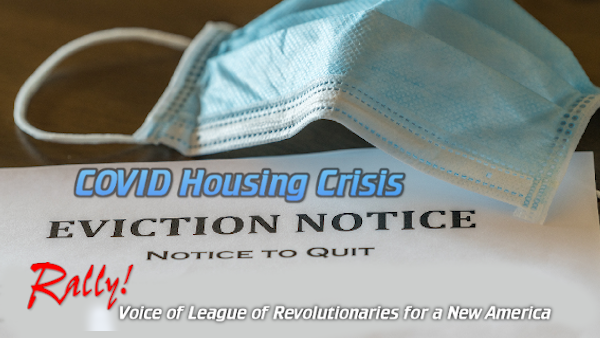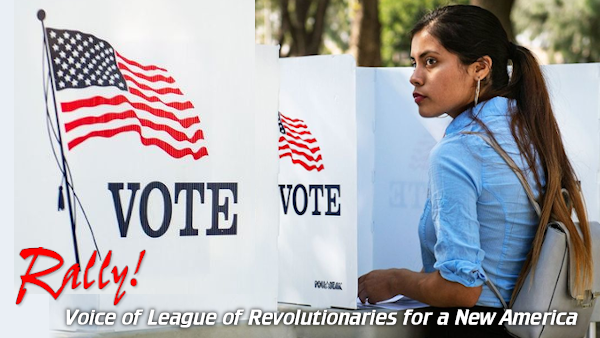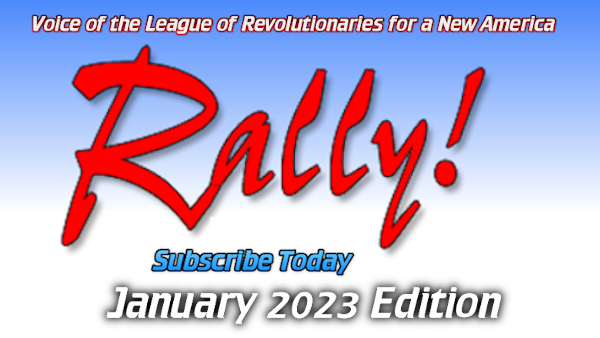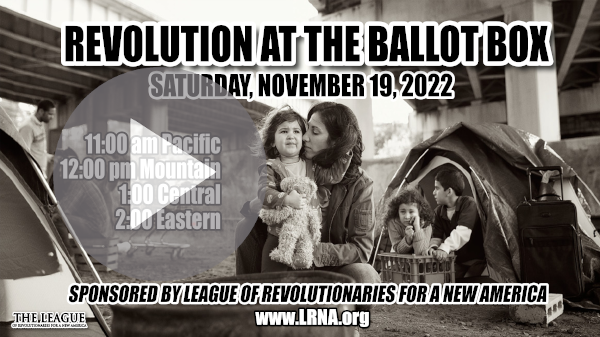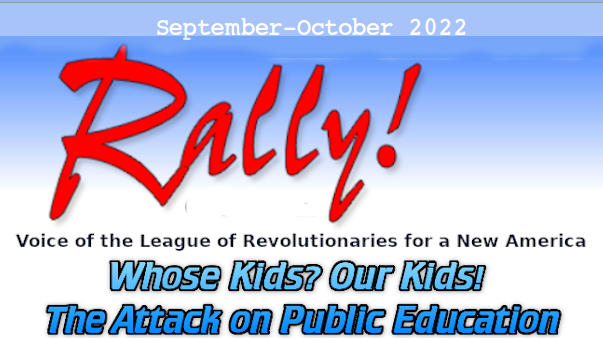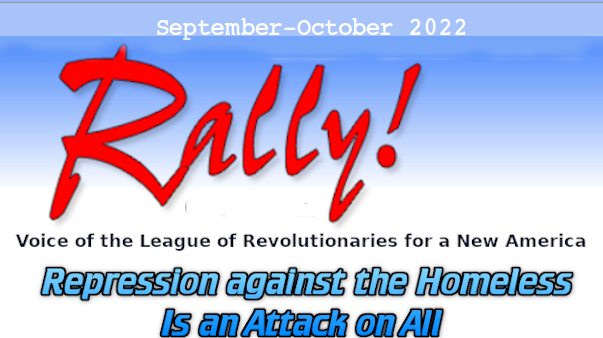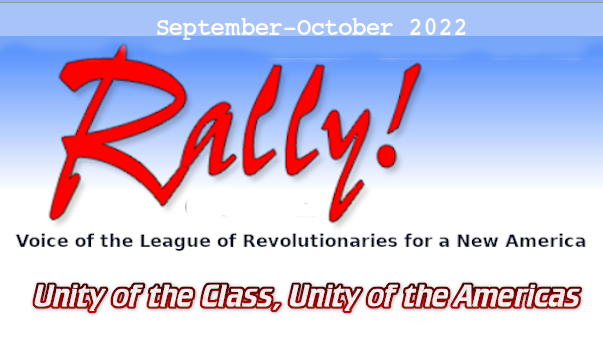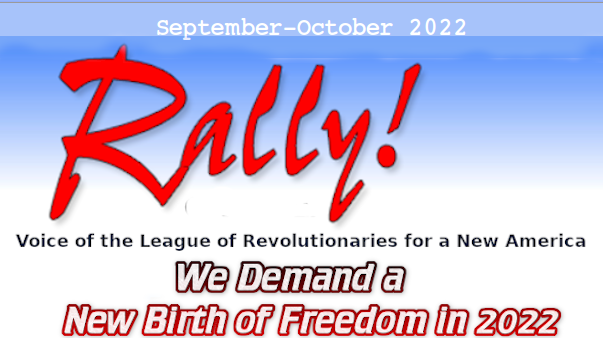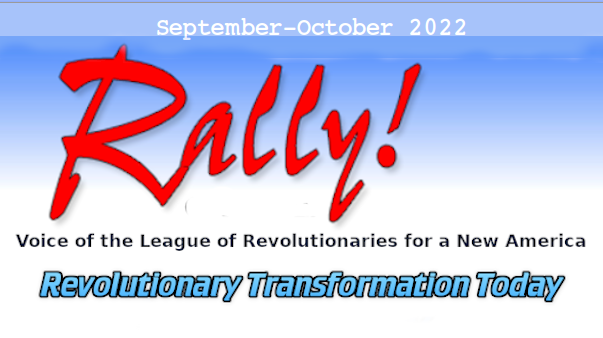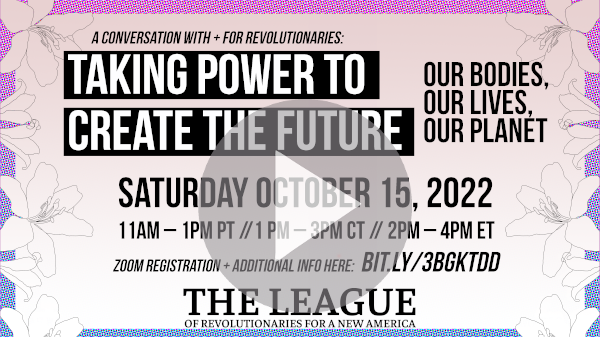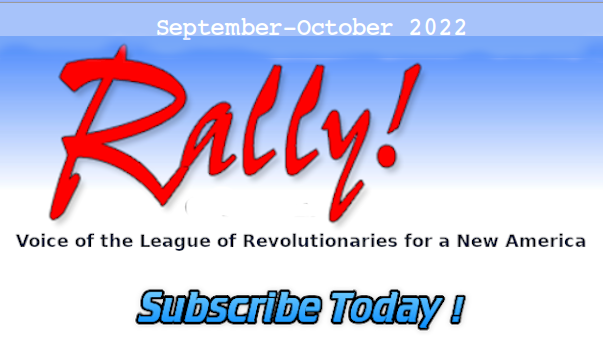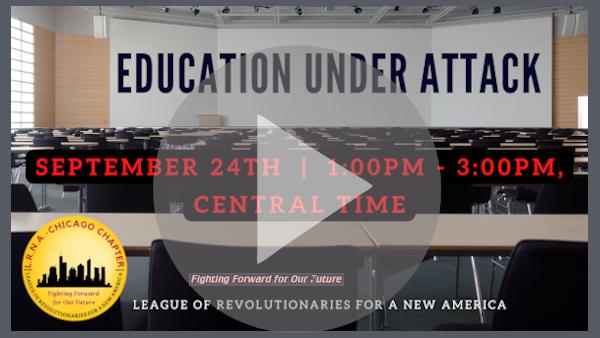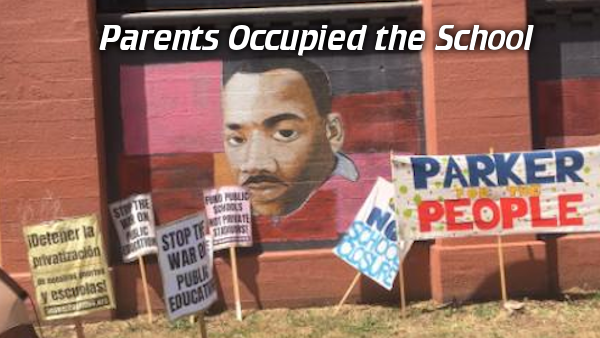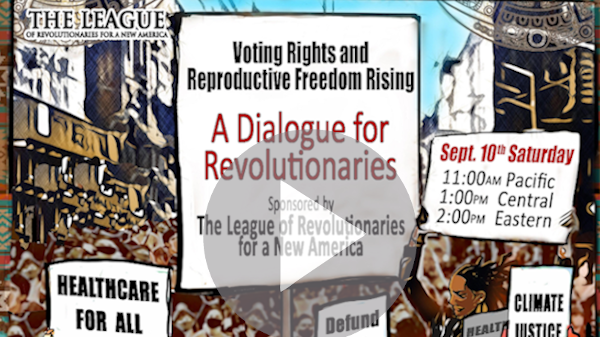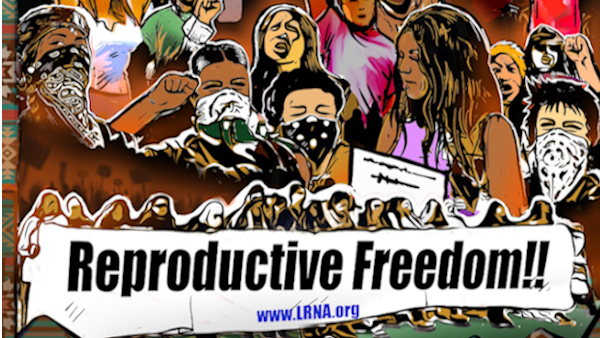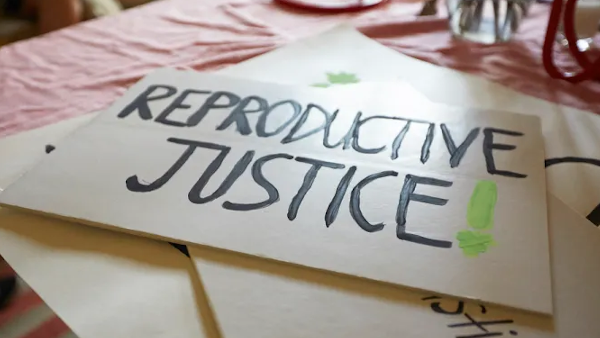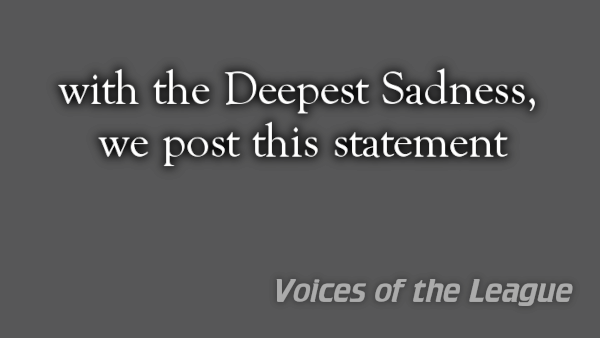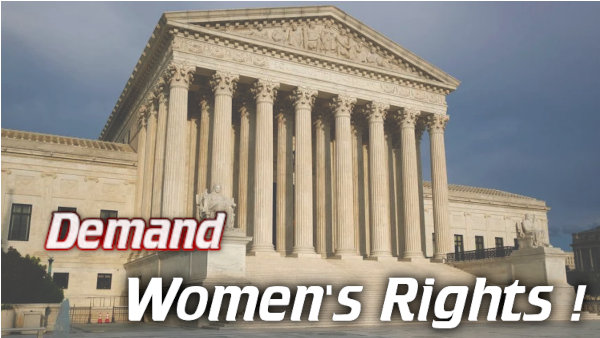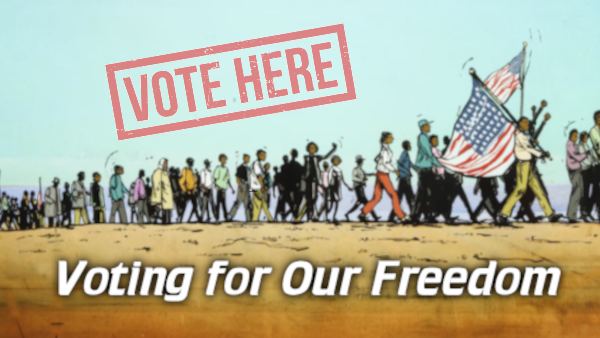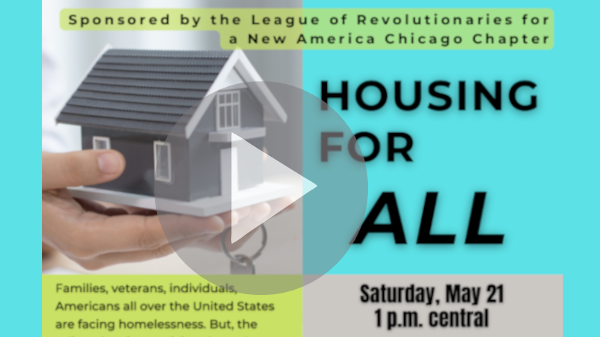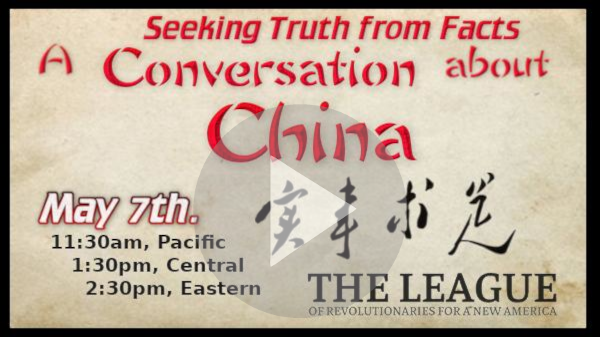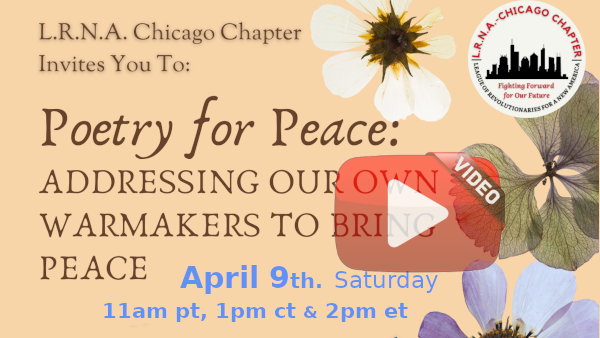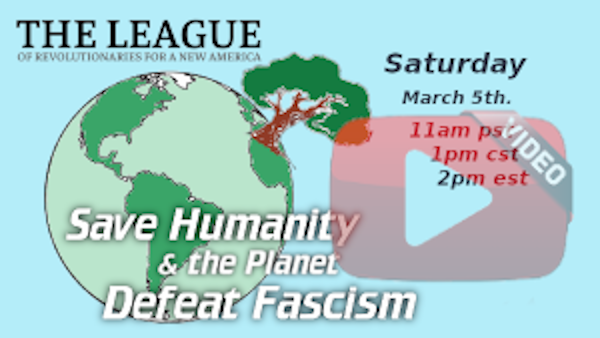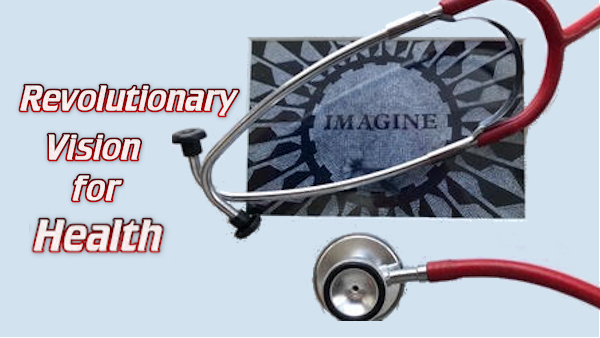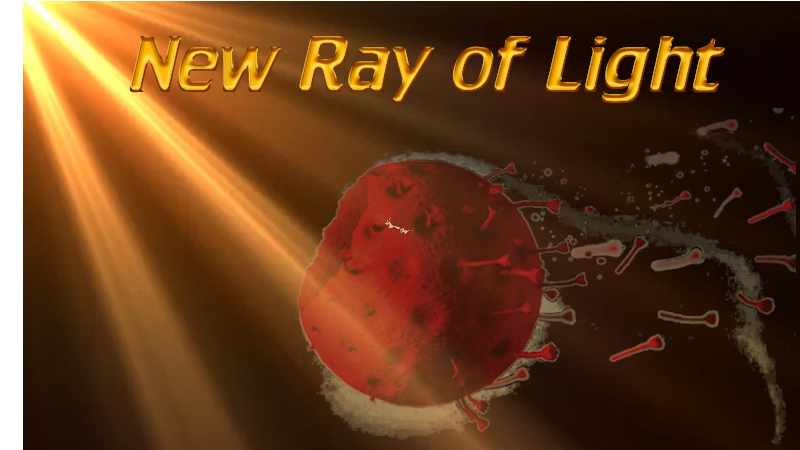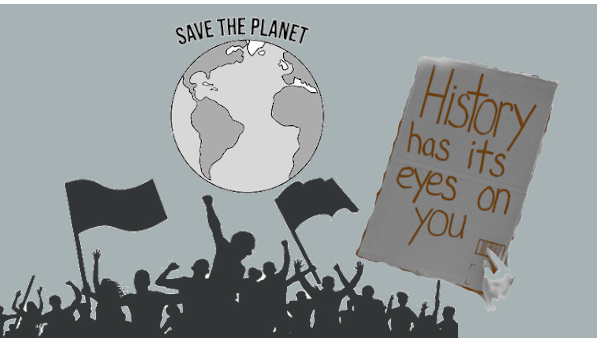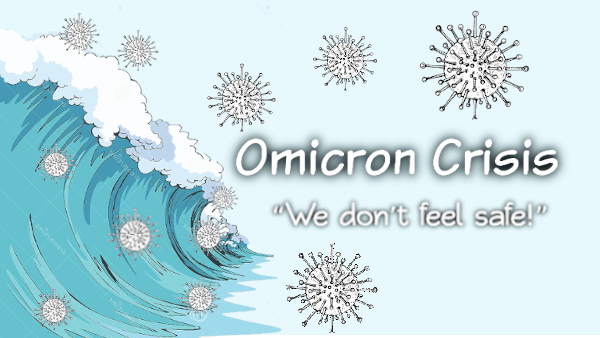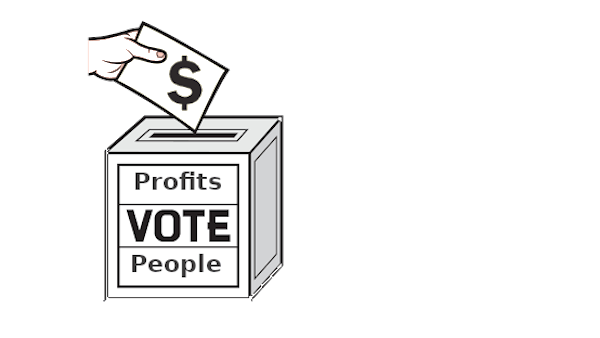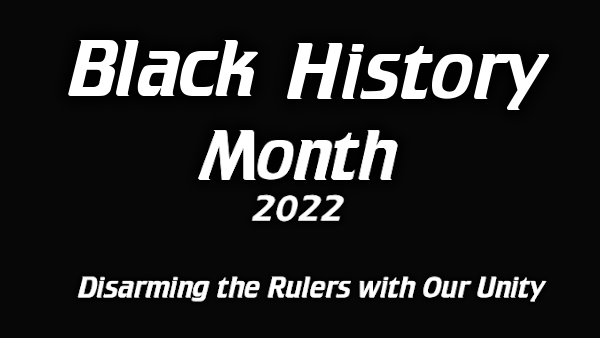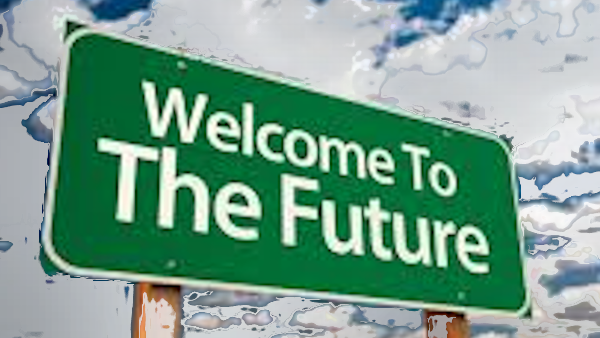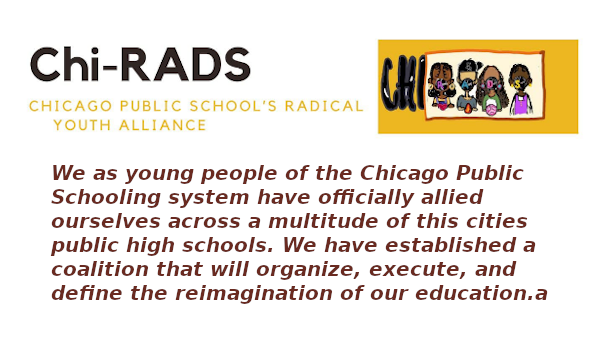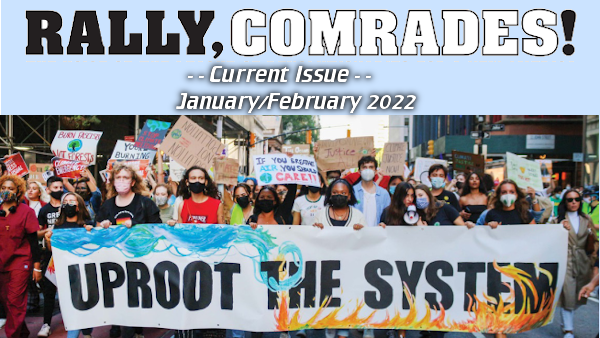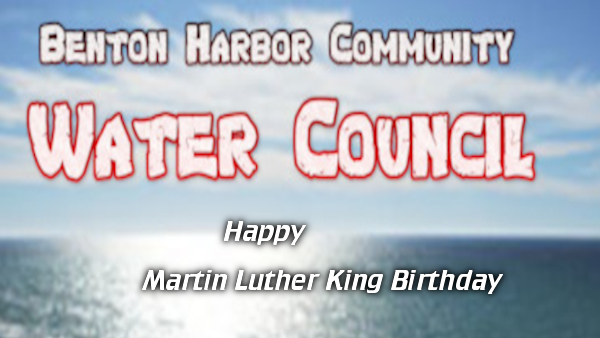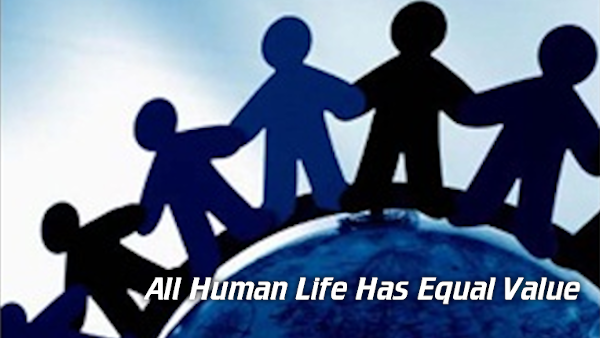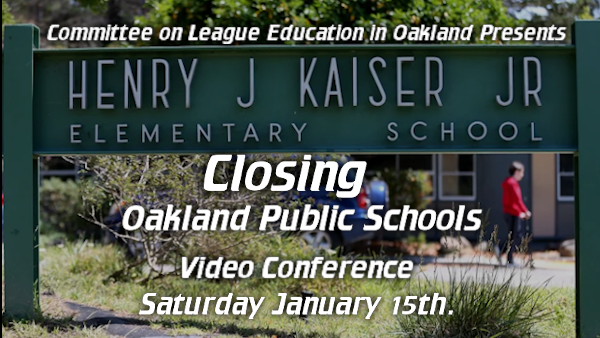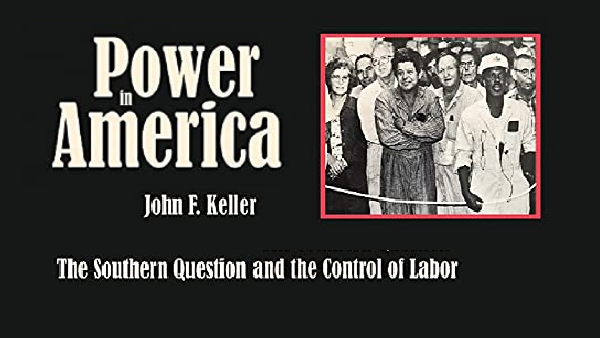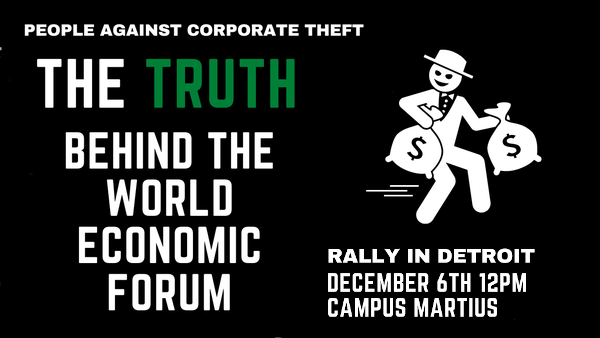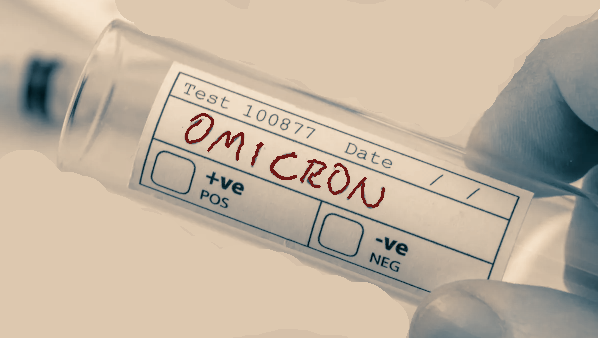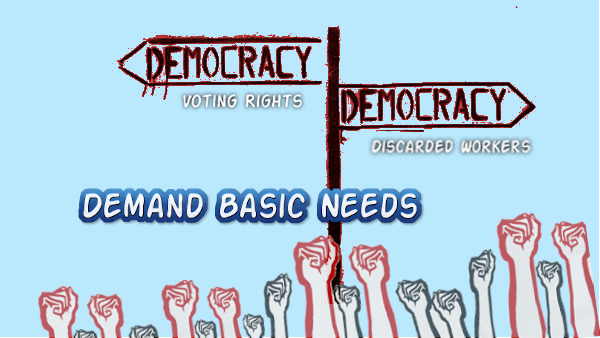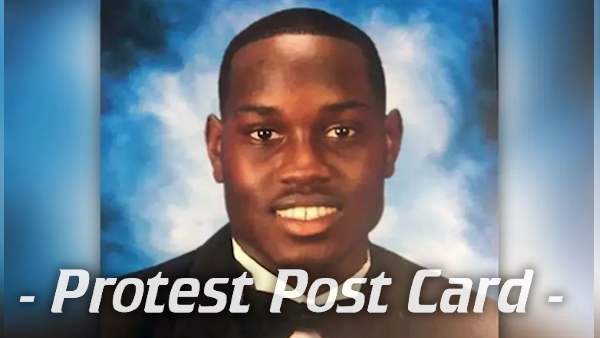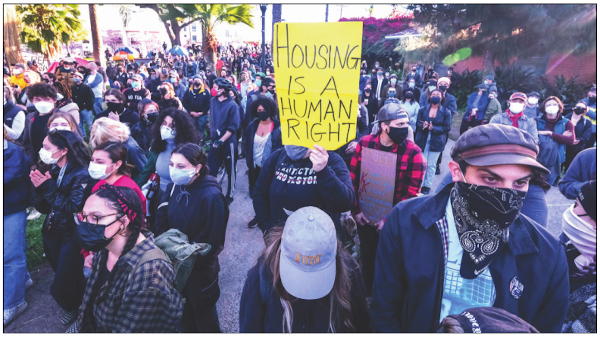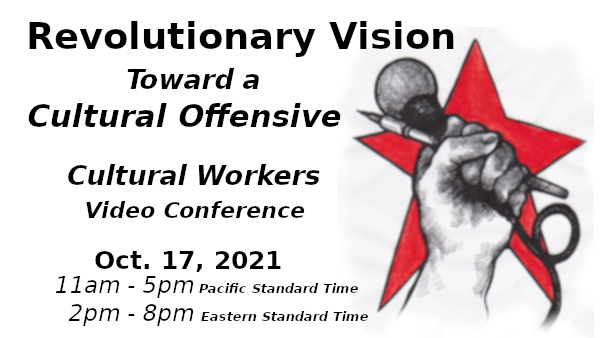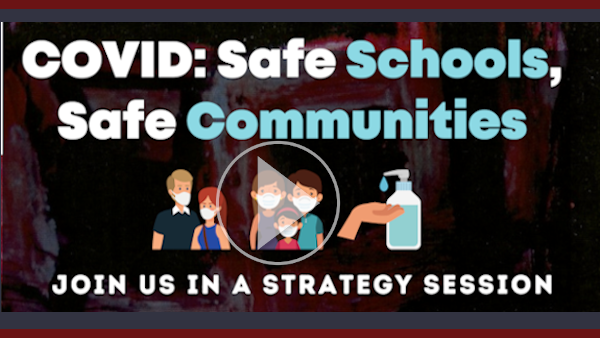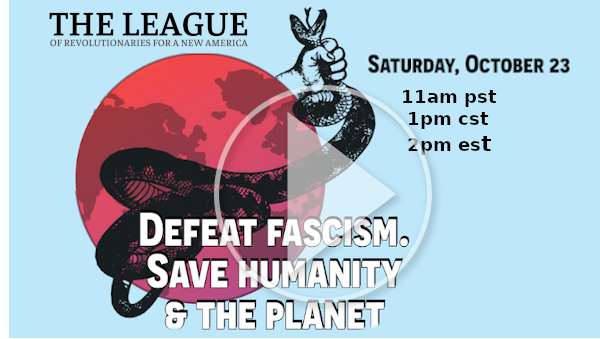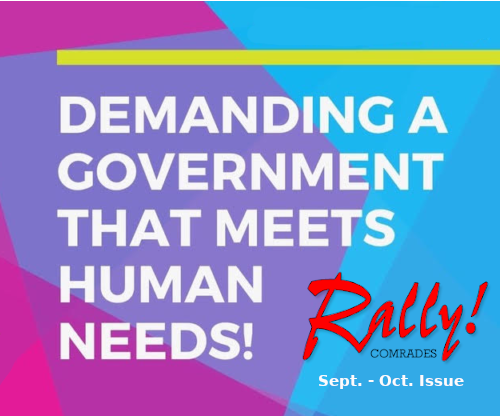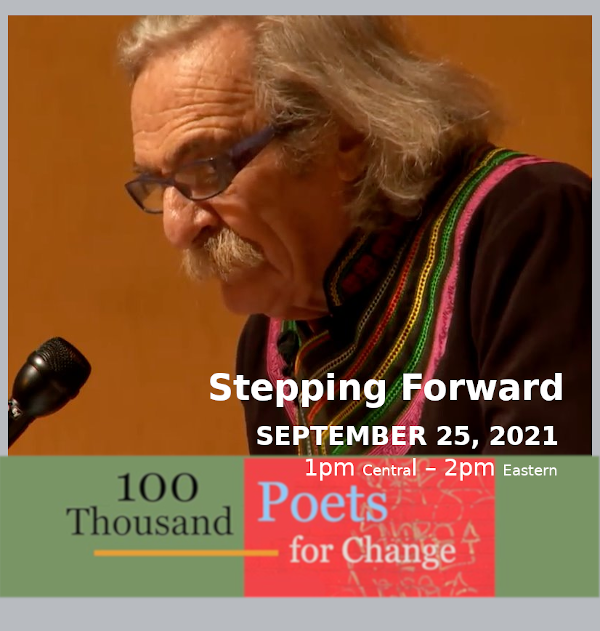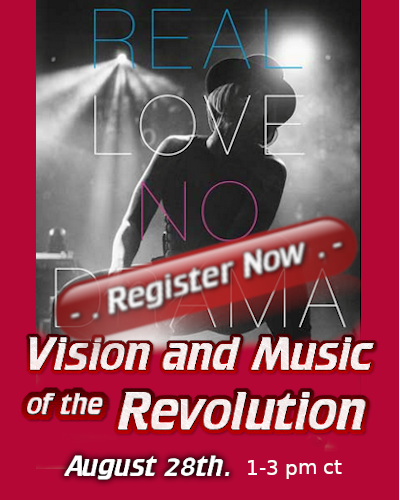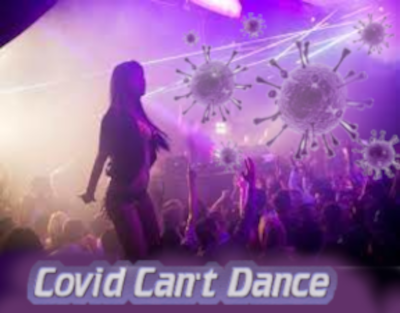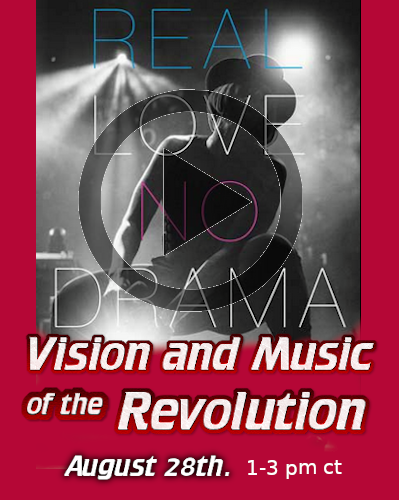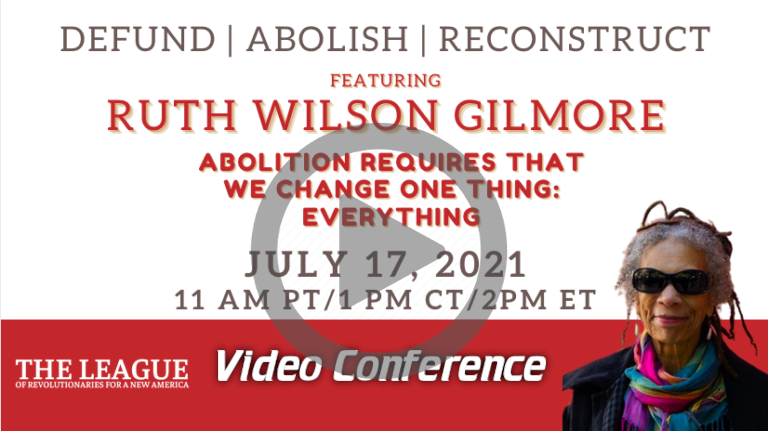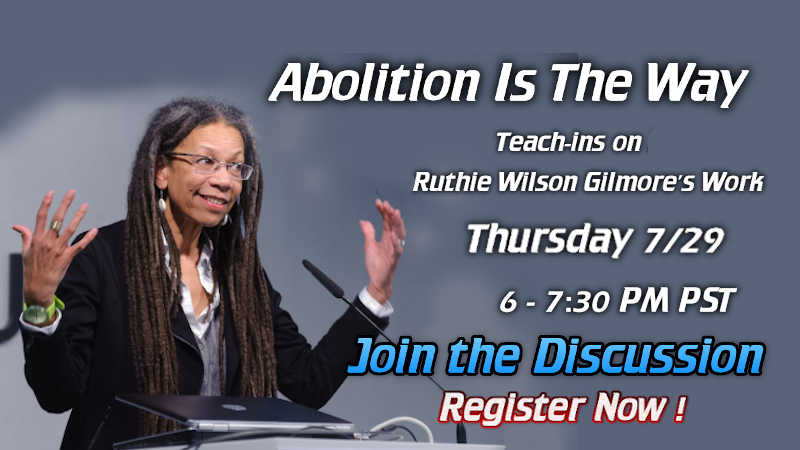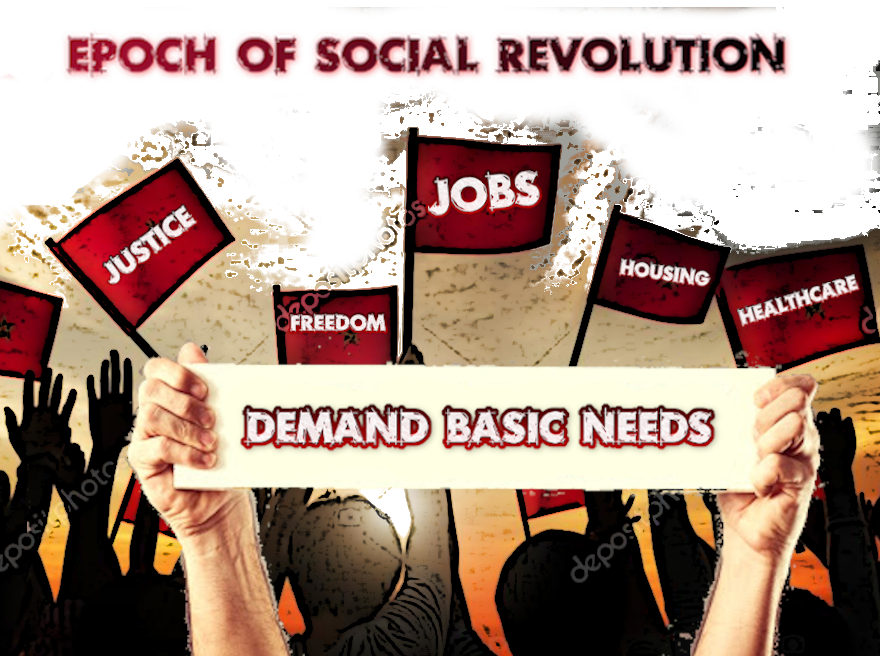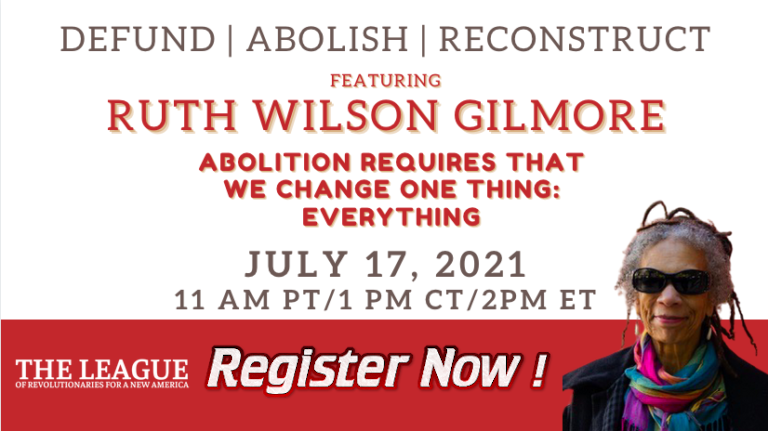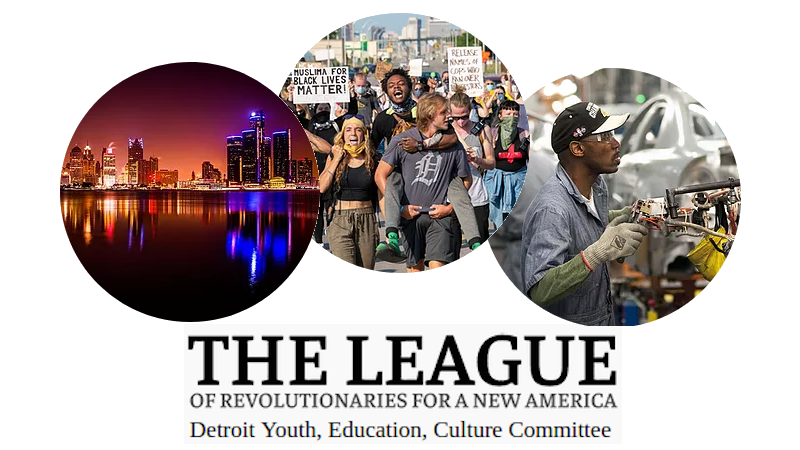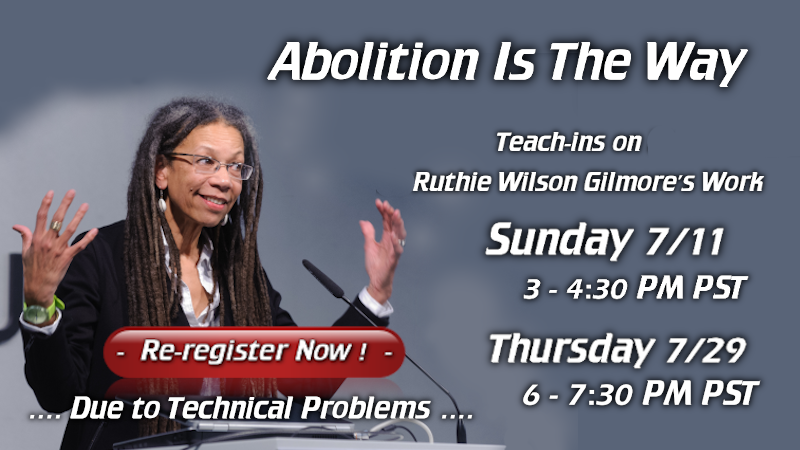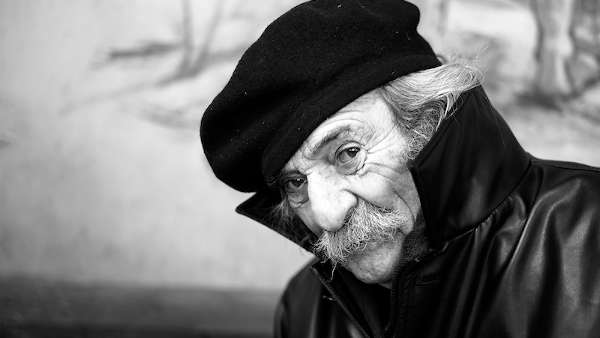Jack Hirschman: Poet and Revolutionary, 1933–2021
Jack Hirschman
Poet and Revolutionary, 1933–2021
The world and the movement for social transformation have suffered the loss of one of our great lights and souls with the passing, at age 87 (in his sleep at his home in San Francisco), of the revolutionary poet and organizer Jack Hirschman. Jack was a founding member of the League of Revolutionaries for a New America and, previously, the Communist Labor Party. He gave his life to spreading the revolutionary message of transformation and human equality, and love. He always said, “everyone is a poet,” in the most profound acknowledgment of the equality of the visionary creative impulse in the human heart and practice.
In addition to those named above, Jack was a founding member of too many organizations to name: among them the Jacques Roumain Cultural Brigade, the Roque Dalton Cultural Brigade (named for leading revolutionary poets in Haiti and El Salvador], the Union of Left Writers, and the Revolutionary Poets Brigade (now with many chapters and in several countries). Recently he was made the General Coordinator of the World Poetry Movement. He traveled widely on reading tours and international festivals, always as an active revolutionary.
Jack was the fourth Poet Laureate of San Francisco. During that time, he organized two large International Poetry Festivals. He continued ten years beyond his tenure organizing weekly poetry readings with the Friends of the Library and yearly readings in the neighborhood libraries, featuring poets from those neighborhoods.
Jack took his visionary poetry many times to Italy (where Multimedia Edizioni publishes his work), France, Colombia, Sarajevo, Peru, Iraq, and Haiti, to name just some of the places. His renown circles the globe, which he traveled widely. Internationally honored and loved, Jack translated more than 14 languages — from Albanian to Yiddish — and was extremely generous in his encouragement of poets everywhere, some unknown and published for the first time because of his support. His dozens of books included three volumes of the longer poems he called his Arcanes, each a thousand pages, with a fourth that will be released posthumously in English by Casa del Poesia of Salerno, Italy.
Jack was born and raised in the Bronx by Russian-Jewish working-class parents. He wrote his first poem about the “bells of freedom” to celebrate the ending of WWII and the defeat of fascism in Europe. He recently wrote of an awakening experience in a call for a national Culture Conference sponsored by the League of Revolutionaries for a New America. The Conference, held October 17, 2021, was also one of many tributes to this great poet and man.
In the call for the Conference, “Toward the Cultural Offensive,” Jack wrote, “On a day in 1943, when I was ten years old and playing with friends in the alley alongside the four-family house on Wheeler Avenue (now Amadou Diallo Street) in The Bronx where I lived, the window on the second floor was opened and my terrified mother Nellie cried out: ‘Jackie if the Russians don’t defeat the Nazis in Stalingrad, the Nazis are going to go to London and then they’re going to come here!’ My mother’s fright began my lifelong struggle against fascism.”
Inspired by this early experience as well as his love for literature, Jack entered City College of New York and attained his Ph.D. He first taught at Dartmouth and then at UCLA, where his classes were very popular and attended by many who would become well-known poets. He was connected to an avant-garde group of poets, painters, actors, and intellectuals in the Los Angeles area, and he had two children, Celia and David. His son David died of leukemia at age 25, shortly after Jack left his marriage and teaching career to become a street poet in the streets of San Francisco. During the height of the Vietnam War, Jack announced to his UCLA classes that he would be giving all his male students A’s so they could maintain their student deferment standing and would, out of fairness, provide an A to any female student who asked. Jack chose not to fight to keep his position when fired from his job. He left his career, moved to San Francisco, and became a full-time poet there.
During the following decades, he became central to the vibrant cafe and street poetry scene in San Francisco. He lived and worked in his beloved neighborhood the rest of his life, though his reach and influence were global, especially in the last thirty years of his life. For decades, because of his unashamed communism and support of revolutionary struggles everywhere, he couldn’t get a paid reading or a book published. However, nothing slowed down his output or his commitment.
He became a street poet in the truest sense, not unlike such Beat poets as his friend Bob Kaufman, and in brotherly communion with the people who were objectively falling into the streets from the 1980s on. One of the greatest American poems about homelessness, his “Home,” was written for the founding convention of the San Francisco Union of the Homeless. Jack participated in various direct actions such as housing takeovers, and he went to jail several times. Decades later, he is remembered as a wonderful comrade in action, and the guy who had the tiny bottle of vodka he passed around in the back of the police van, despite the handcuffs! Everyone who knew Jack had an unforgettable story about the man he was.
A copyboy with the Associated Press while still in his teens, he later called himself the “oldest paperboy.” He sold the movement paper the “People’s Tribune” and Rally, Comrades! for many years in the streets and cafes of his beloved North Beach, at readings, protests, housing takeovers, marches, and on his travels. He considered Rally, Comrades! to be the most important paper in the country.
He gave his life to the revolutionary struggle and to poetry, its most intimate language. His words and life-long practice were pledged to love, vision, the end of division, and the positive fight for a life that would allow all their full humanity and creativity. Toward this end, he worked joyously and tirelessly to his last day.
We mourn his passing but are left with his stupendous and illuminating body of work, some of the most outstanding poetry ever written, with its positive forward vision, along with his fiery exposure and condemnation of the cruelties of a dying and mean system of exploitation.
Outpourings of grief and remembrance sound around the globe. Love and truth never die.
Jack Hirschman Presente! RC
November.December 2021 Vol31.Ed6
This article originated in Rally, Comrades!
P.O. Box 477113 Chicago, IL 60647 rally@lrna.org
Free to reproduce unless otherwise marked.
Please include this message with any reproduction.

